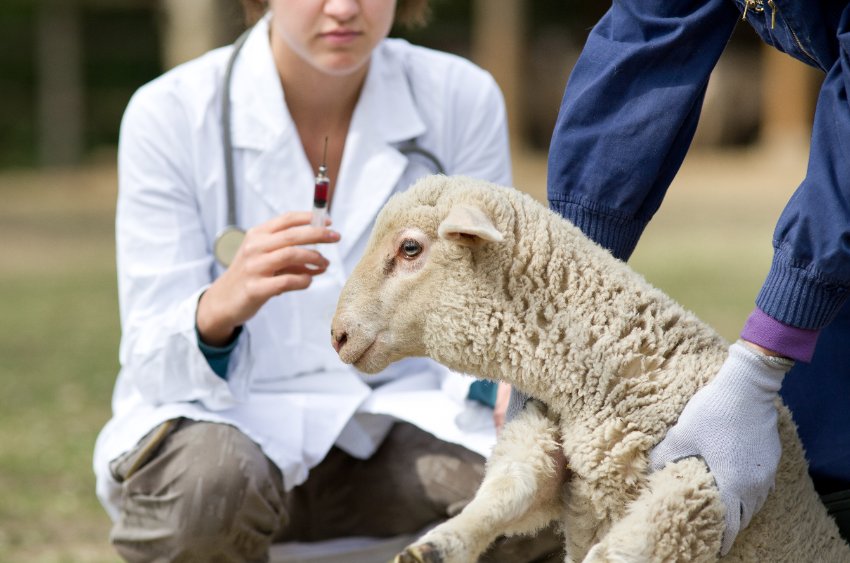
The National Sheep Association has hailed a new government pledge to tackle vaccine shortages as a vital step for protecting animal health and UK food security.
The Veterinary Medicines Directorate has published a Statement of Intent on vaccine availability, setting out plans to improve supply and drive innovation in livestock health.
The NSA says the move reflects years of pressure from the sheep sector, which first raised concerns in a letter to the VMD and has since helped shape the new framework
The commitment will form the basis of a five-year UK action plan, due within the next 12 months. It will set out clear targets, timelines and measures to secure sustainable vaccine access for farmers.
Livestock producers have faced repeated shortages of key vaccines in recent years, leaving flocks vulnerable to preventable disease outbreaks.
Industry leaders say this recognition at national level is a major breakthrough for livestock health and farmer confidence.
NSA chief executive, Phil Stocker said: “Timely access to effective veterinary vaccines is essential to protect animal health and welfare, safeguard food security, and support the principles of One Health.
"Vaccination is also one of the most powerful tools we have to reduce reliance on antibiotics and tackle the growing global threat of antimicrobial resistance.
"Recognising the challenges with supply and innovation, and setting out a cross-sector framework for solutions, is a really significant step forward.
"NSA is pleased to see the sheep sector’s concerns recognised and taken seriously at this level.”
The VMD statement identifies two pressing issues highlighted by stakeholders: vaccine supply not meeting demand and a lack of innovation in developing new vaccines for current and emerging livestock health challenges.
Mr Stocker added that getting this issue recognised at a national level, and connected to wider international initiatives on animal health, was hugely significant.
"There is still some way to go, but this is a strong foundation for collaborative, evidence-based solutions that will secure sustainable vaccine access for farmers.”
